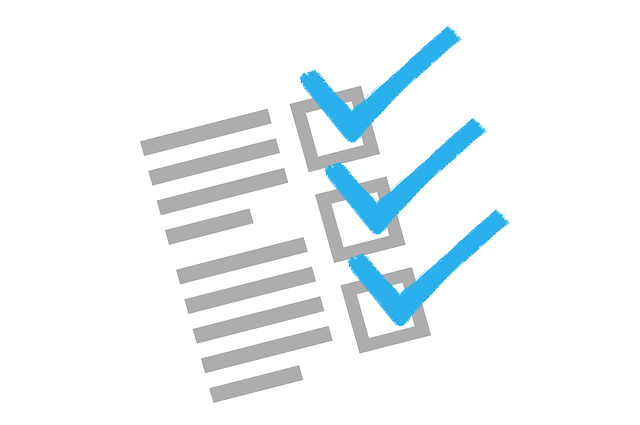 Needless to say, those in reentry face unique challenges when searching for a job. But these challenges are not insurmountable.
Needless to say, those in reentry face unique challenges when searching for a job. But these challenges are not insurmountable.
Once you’re called for an interview, you have your foot in the door. There are certain things you need to bring that day — or send ahead if it’s an online interview — that will increase your chances of success.
Here’s a checklist of the things that we think are important to bring to an interview and that will set you apart as a job applicant who shows initiative.
Resume – Spend time putting together a resume using resources online or the help of a counselor or a workshop at your local American Job Center. American Job Centers are operated by the U.S. Dept. of Labor and provide free services to job seekers.
JIST Card – For some people, using a JIST Card instead of a resume might make sense. Usually the size of a 3”x5” index card, a JIST Card lists your name, contact info and the summary of your experience in a paragraph. It doesn’t list your job history. It’s especially effective if you have large gaps in your work history or not much experience.
Master application – Create a master application form. This document will have all of the details about the schools – high school or GED and beyond – you’ve attended, the jobs you’ve held and the places you’ve volunteered. It will also include the contact information for your references. It’s important to have one of these, so when you fill out a job application, either at an interview or online, you will have all the information you need readily available.
Turnaround talk – Rather than an item to bring or send, this is something you will put together and practice so that it sounds natural. At some point in the interview you will present your turnaround talk. That’s when you tell the hiring manager that you’ve been in jail or prison but also explain what you have done to turn your life around. This talk is designed so that the employer will understand where you’re coming from, and be empathetic to your situation.
Turnaround packet – You should prepare a turnaround packet to go along with your turnaround talk. In the packet will be a variety of items, including:
- Training, schooling or substance abuse training certificates
- Evidence of enrollment or completion of a GED or adult education program
- Letters of recommendation from former employers
- Letters from organizations you have done volunteer work for
- Pictures of accomplishments
You can also scan all of these items and create a PDF to send to the hiring manager, who can refer to it during an online interview.
Employer incentives to hire you – There are several financial incentives that the federal government and some state governments give to employers who hire those with barriers to employment, including formerly incarcerated individuals. And many hiring managers don’t know about them. So provide information for the Work Opportunity Tax Credit and the Federal Bonding Program, as well as any programs the state you live in may have to offer.
Fair Chance Hiring Toolkit – San Francisco Bay Area nonprofit Root and Rebound has published the California Employers Fair Chance Toolkit, which instructs employers on how to hire fair chance employees and the rewards of doing so. Printing out a copy of this 28-page toolkit and taking it to your interview may help influence the hiring manager to seriously consider you for the job. You may also forward an electronic copy that you downloaded online. Although written for California employers, much of the information applies to employers anywhere.
Notes – Notes can help you feel more relaxed and look more professional in the eyes of the hiring manager. These could be things that you want to be sure to mention, as well as questions you might have for the interviewer.
A positive and confident attitude – One way to achieve this is to be well informed about the company you’re interviewing with and to convince yourself that you have the qualifications it takes to get the job you’re applying for. Another quick way to get a confidence boost is to perform a power pose for two minutes before going into an interview. (You can do this discreetly in a restroom stall.)
A well-rested body – Getting a good sleep – eight hours is best — the night before will help you be more relaxed and alert, so you are better able to answer the interview questions.
A smile – A sincere smile is more important than you might imagine. It tells the interviewer you are happy to meet them, and you are happy to be there. Come with your best smile and use it often throughout the interview. And don’t forget the importance of eye contact, making it long enough at times to at least notice the hiring manager’s eye color.
A firm handshake – A handshake can sometimes make or break an interview. It usually occurs at the beginning of the interview during the introduction and at the very end. A pleasant and firm handshake can communicate interest in the job and reinforce what you’ve shared during the interview. At the closing of the interview during the handshake it is a good time to reinforce your interests in the job and your desire to be hired. You could share something like, “Thank you for the interview. I can do this job and really want to work here. What would you like me to do next?”
Having these items and thinking about how you will present them will not just boost your confidence. They may be the deciding factor that gets you the job.


